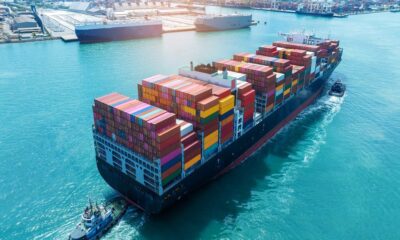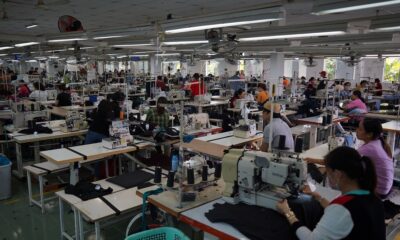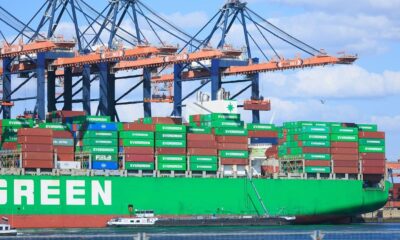Fashion
BFC announces nominees for The Fashion Awards 2025
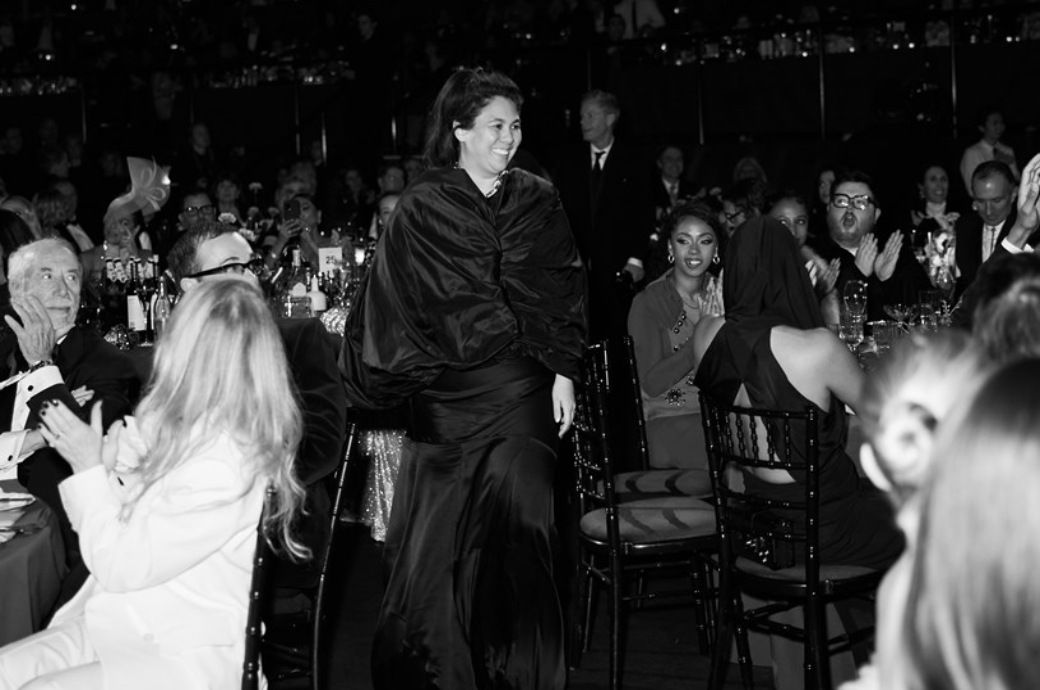
Award categories announced include Designer of the Year, British Womenswear Designer, British Menswear Designer and the Vanguard Award. This year, the BFC invited a jury of 19 distinguished critics, editors and buyers to finalise the shortlist of nominees, ensuring that all nominees meet the highest standards of quality, creativity and diversity. These will now be presented to a voting committee of leading industry members to review the shortlist and cast votes confidentially to balance perspectives and guarantee impartiality, the BFC said in a press release.
The BFC has announced the nominees for The Fashion Awards 2025, taking place on December 1 at the Royal Albert Hall.
Key categories include Designer of the Year, British Womenswear and Menswear Designer, and the Vanguard Award.
The shortlist, selected by a jury of industry experts, highlights innovation, creativity, and diversity, and will now be voted on by leading fashion professionals.
Designer of the Year recognises a British or international designer whose innovative collections have made a notable impact on the industry, defining the shape of global fashion. The 2025 nominees include Glenn Martens for his work at Diesel and Maison Margiela, Jonathan Anderson for Dior and JW Anderson, and Martine Rose for her eponymous label. Also nominated are Miuccia Prada for Miu Miu, Rick Owens for his continued influence through his namesake brand, and Willy Chavarria for his powerful and boundary-pushing work at Willy Chavarria.
British Womenswear Designer of the Year celebrates a leading British womenswear designer who has made a global impact through innovation and creativity, shaping the international womenswear landscape. This year’s nominees are Charlotte Knowles and Alexandre Arsenault for KNWLS, Emma Chopova and Laura Lowena-Irons for Chopova Lowena, and Erdem Moralioglu for ERDEM. Also recognised are Sarah Burton for her creative direction at Givenchy and Simone Rocha for her continued excellence with her eponymous brand.
British Menswear Designer of the Year honours a British menswear designer whose vision and creativity have shaped the international menswear scene. Nominees for 2025 include Craig Green for Craig Green, Foday Dumbuya for Labrum London, and Grace Wales Bonner for Wales Bonner. Also shortlisted are Kiko Kostadinov for his innovative namesake label, Nicholas Daley for his culturally rich menswear collections, and Stefan Cooke and Jake Burt for their collaborative work at Stefan Cooke.
The Vanguard Award recognises a designer at the forefront of a new wave in British fashion — a visionary creative demonstrating cultural leadership and global influence, helping to shape the future of the industry. This year’s nominees are Aaron Esh for Aaron Esh, Dilara Findikoglu for her bold and subversive label, and Feben for her namesake brand that blends identity and craftsmanship. Also nominated are Steve O Smith for his contemporary and emotionally resonant work, Tolu Coker for her powerful storytelling through design, and Torishéju Dumi for Torisheju, a brand gaining attention for its conceptual and culturally charged collections.
Fibre2Fashion News Desk (RR)
Fashion
APAC freight market sees short-term surges, long-term overcapacity: Ti
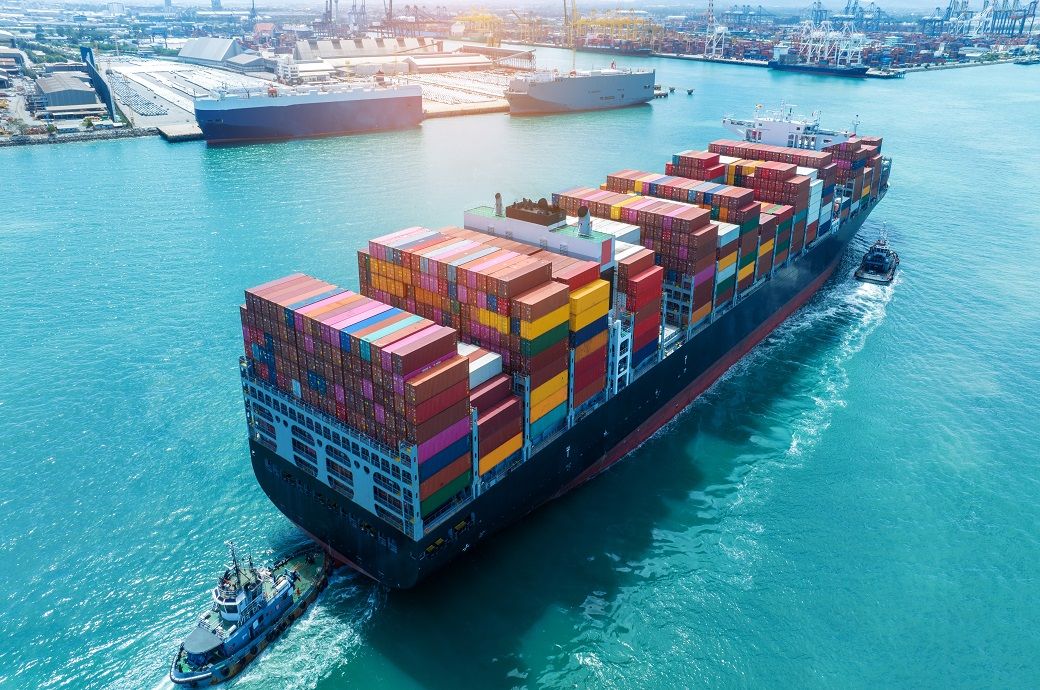
While rates initially jumped in early January, weak underlying demand and the potential return of vessels to the Suez Canal are creating a volatile environment for shippers, it noted.
Carriers pushed through general rate increases (GRIs) in early January this year, briefly lifting China-to-US West Coast rates above $3,000 per forty-foot equivalent unit (FEU). However, these hikes were largely unsustainable due to weak volumes, with rates quickly correcting to the $1,800-$2,200 range by mid-month, the logistics and supply chain market research firm said in an insights brief.
Asia’s ocean freight market is navigating short-term seasonal surges and long-term structural overcapacity, Ti said.
Asia’s air freight market is seeing a significant ‘post-peak’ correction following a record-breaking end to 2025.
Warehousing capacity in the Asia-Pacific is under severe strain in late January as manufacturing slows and labour shortages emerge ahead of the Lunar New Year.
Seasonal demand ahead of the Lunar New Year (starting mid-February 2026) has pushed North Europe rates to roughly $2,700 per FEU as of mid-January. This is a significant recovery from the October 2025 lows of $1,300 per FEU.
Despite a peak ahead of the holiday, Intra-Asia rates have begun to ‘cool’ in mid-January, settling at an average of $661 per 40-feet container as new services and capacity entered the market.
The Asian air freight market is witnessing a significant ‘post-peak’ correction following a record-breaking end to 2025. While rates have dropped sharply from their December highs, demand remains resilient in key high-tech sectors, and a ‘mini-peak’ is expected in late January ahead of the Lunar New Year.
Spot rates from major hubs like Hong Kong and Shanghai fell significantly in early January as year-end peak season demand evaporated.
Despite the rate correction, global air cargo tonnages jumped by 26 per cent in the first full week of January 2026 compared to the end-of-year slump, with the Asia-Pacific region seeing an 8 per cent year-on-year (YoY) increase in chargeable weight.
Volumes from Southeast Asia to the United States rose by 10 per cent YoY in early January, driven by importers continuing to diversify sourcing away from China.
Warehousing capacity in the Asia-Pacific is under severe strain in late January as manufacturing slows and labour shortages emerge ahead of the Lunar New Year.
India closed 2025 with 36.9 million sq ft of warehouse leasing (16-per cent YoY growth), a trend continuing into early 2026 with high demand in Delhi National Capital Region and Chennai.
After a period of oversupply, development pipelines are expected to drop by a third by 2027, making 2026 a critical ‘inflection point’ for occupiers to secure quality space before terms tighten again.
Fibre2Fashion (DS)
Fashion
Vietnam textile-garment sector targets $50 mn in exports in 2026
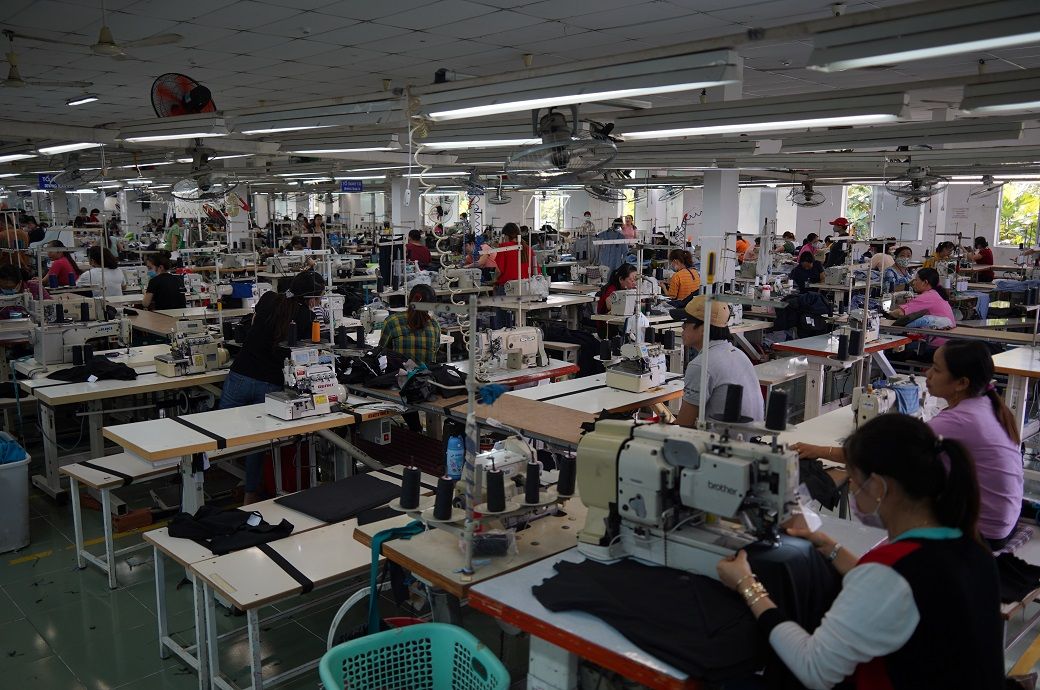
The goal, however, is challenging due to external pressures, including stricter technical barriers, reciprocal tariffs on goods exported to the United States, and the European Union’s Carbon Border Adjustment Mechanism (CBAM) for selected industrial products.
Therefore, major export industries in the country have started restructuring and adjusting strategies early in the year to seize market opportunities.
Following a record export value of $475 billion achieved in 2025—up by 17 per cent YoY—Vietnam aims at adding nearly $38 billion to the figure in 2026.
Major export industries in the country have begun restructuring and adjusting strategies early in the year to seize market opportunities.
The textile and garment sector, which earned $46 billion in 2025, has set a target of $50 billion in exports in 2026.
The textile and garment sector, which earned $46 billion in 2025, has set a target of $50 billion in exports in 2026.
The sector is focusing on strengthening domestic supply chains, raising localisation rates and making more effective use of free trade agreements (FTAs), Vu Duc Giang, chairman of the Vietnam Textile and Apparel Association (VITAS), was cited as saying by a domestic media outlet.
Exports may grow by 15-16 per cent this year, driven by market expansion and a shift towards higher-value products, according to MB Securities’ Vietnam Outlook 2026 report.
Fibre2Fashion (DS)
Fashion
Netherlands’ goods exports to US fall 4.7% in Jan-Oct 2025
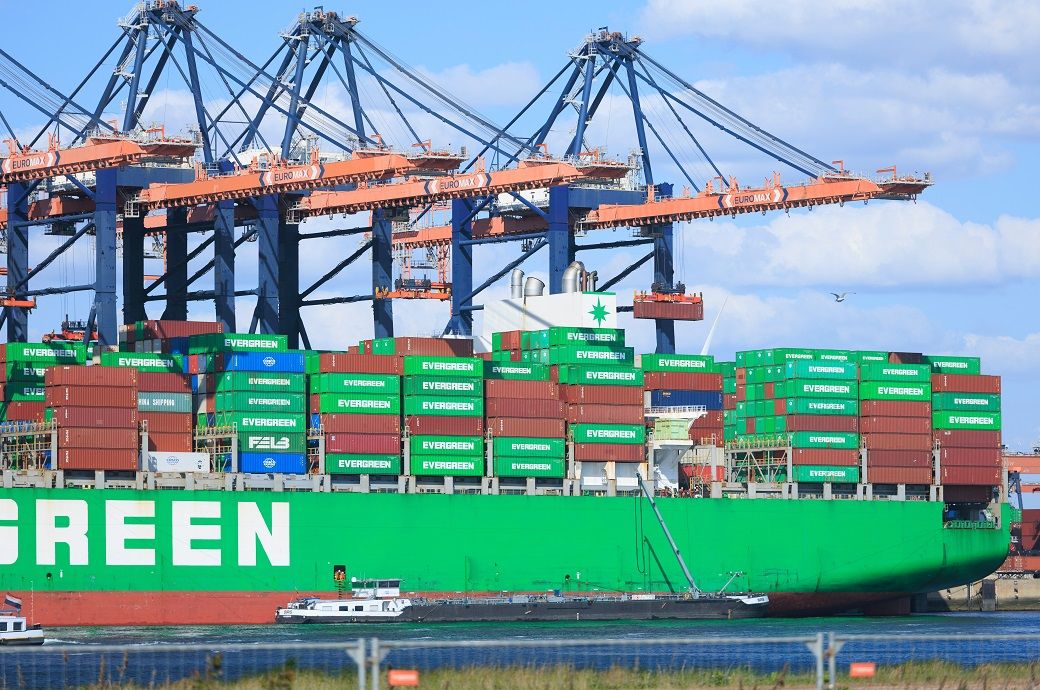
The data showed that the decline was driven mainly by weaker domestic exports, with goods produced in the Netherlands down 8 per cent YoY. In contrast, re-exports to the US rose 3.9 per cent during the period. Exports to the US have fallen every month on a YoY basis since July, CBS said in a press release.
Trade flows were influenced by uncertainty around US import tariffs. In the first half of 2025, trade between the two countries continued to grow, possibly as companies advanced shipments ahead of announced tariff measures.
Goods exports from the Netherlands to the United States fell 4.7 per cent YoY to €27.5 billion (~$33 billion) in the first ten months of 2025, driven by an 8 per cent drop in domestic exports, according to CBS.
Re-exports rose 3.9 per cent, while tariff uncertainty weighed on trade.
Imports from the US increased 1.9 per cent to €48.1 billion (~$57.7 billion).
Meanwhile, imports from the United States rose 1.9 per cent YoY to €48.1 billion (~$57.7 billion) in the first ten months of 2025.
Fibre2Fashion News Desk (SG)
-

 Sports6 days ago
Sports6 days agoPSL 11: Local players’ category renewals unveiled ahead of auction
-

 Entertainment5 days ago
Entertainment5 days agoClaire Danes reveals how she reacted to pregnancy at 44
-

 Tech1 week ago
Tech1 week agoICE Asks Companies About ‘Ad Tech and Big Data’ Tools It Could Use in Investigations
-

 Business6 days ago
Business6 days agoBanking services disrupted as bank employees go on nationwide strike demanding five-day work week
-

 Fashion1 week ago
Fashion1 week agoSpain’s apparel imports up 7.10% in Jan-Oct as sourcing realigns
-

 Sports5 days ago
Sports5 days agoCollege football’s top 100 games of the 2025 season
-

 Business1 week ago
Business1 week agoHonda announced great news to car enthusiasts – SUCH TV
-

 Politics1 week ago
Politics1 week agoFresh protests after man shot dead in Minneapolis operation


